Rainscreening of Apartments In Vancouver - What Is It? Why Is It Important? How To Spot It?10/26/2023 Vancouver, British Columbia, is known for its breathtaking natural beauty and lush landscapes. However, the city is also renowned for its frequent and sometimes heavy rainfall. This combination of stunning scenery and wet weather has inspired a unique architectural innovation in Vancouver apartments: rain screening. In this blog, we'll delve into what rain screening is, why it's crucial in Vancouver, and how it helps protect homes from the elements. The “Leaky Condo” in Vancouver Epidemic Leaky condos in Vancouver refer to a widespread issue in the 1990s and early 2000s when many multi-unit residential buildings, particularly condominiums, suffered from water ingress problems. This was primarily due to construction defects and inadequate moisture management, leading to structural damage and mold growth. Key points: Causes: Construction defects, including poorly designed or installed cladding and inadequate waterproofing, allowed rainwater to penetrate buildings.
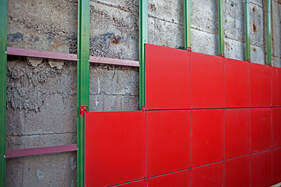 Understanding Rain Screening: Rain screening is a building envelope design and construction method that effectively manages moisture and water infiltration in a structure. It is commonly used in regions with high levels of precipitation, such as Vancouver. This system is designed to create a protective barrier between the exterior cladding of a building and its structural components. It plays a vital role in preventing water damage, mold growth, and structural deterioration. Rain Screening Components A typical rain screening system comprises several components, each serving a unique purpose: Exterior Cladding: This is the outermost layer of the building, such as siding, stucco, or brick. It acts as the primary defense against the elements.
Why Vancouver Apartments Need Rain Screening: Vancouver's climate is characterized by mild, wet winters and a high annual rainfall average. This unique weather pattern poses specific challenges for building maintenance and structural integrity. Without proper protection, apartments in Vancouver can fall victim to water-related problems, including:
Rain screening systems offer several benefits that are essential for apartments in Vancouver:
In Vancouver, where rain is a common occurrence, rain screening is not just an architectural feature but a necessity for protecting apartment buildings from the harsh elements. It is a vital part of the construction process that ensures the longevity, energy efficiency, and overall health and comfort of homes in this beautiful coastal city. By incorporating rain screening into building design, Vancouver apartments can continue to stand strong against the elements and provide safe, comfortable living spaces for their residents. How can you tell if a property is rainscreened: Determining whether an apartment building has been rainscreened may require some investigation, as it's not always obvious from a casual visual inspection. As a real estate expert I am always here to make sure you as the client are fully informed about the status of a building, including whether or not it has been rainscreened. Rainscreen systems are now-a-days typically installed during initial construction, or as part of a building renovation which many condos, apartments, townhouses, or detached properties have more than likely undergone significant updates to ensure this is done. Here are some steps you can take to determine if a building has been rainscreened: Ask the Property Manager or Landlord: The most straightforward way to find out if an apartment building has a rainscreen system is to ask the property manager, landlord, or the building's owner. They should be able to provide information about the building's construction and any renovations or updates. Check Building Records: Building records and permits can provide valuable information about a building's construction history. You can contact the local municipal building department or visit their website to access records related to building permits and renovations. Look for documents related to rain screen installations or major renovations. Inspect the Exterior: While a casual visual inspection may not always be conclusive, you can look for signs of rainscreen systems. Some clues may include visible gaps or openings in the exterior cladding that suggest an air gap behind it. Modern buildings with rainscreens may also have a different appearance to older buildings, such as a layered or textured façade. Consult with a Building Inspector: If you're serious about a particular apartment and want to ensure it has a rainscreen system, consider hiring a professional building inspector. These experts are trained to assess the condition and construction of buildings and can provide information on whether a rainscreen system is present. Talk to Current Residents: If possible, speak with current residents of the apartment building. They may have insights into the building's construction history or any renovations that have taken place. However, keep in mind that this information might not always be accurate or complete. Review Maintenance and Repair History: If you have access to the building's maintenance or repair history, it can provide valuable information. Frequent repairs related to water damage, mold, or structural issues may suggest that a rainscreen system is lacking. It's important to note that the absence of a rainscreen system does not necessarily mean the apartment is unsuitable. Many older buildings in Vancouver and other areas have successfully managed moisture without rainscreens. However, a rainscreen system can provide added protection and may be a desirable feature, especially in a region with high rainfall like Vancouver. If the presence of a rainscreen system is important to you, it's best to verify this information through the methods mentioned above before making a decision about renting or purchasing an apartment. Talk With Your Realtor: It is literally our job to figure all this stuff out for you to ensure you are making a well informed decision. Today, improved building practices and regulations have addressed these problems for the most part. However, due diligence is essential when considering older condominiums to ensure any previous issues have been resolved, and the building meets modern construction standards. Any questions about this topic, please don't hesitate to leave a comment below and I am happy to address them.
|
AuthorJust sharing general knowledge as it comes my way, in hopes of helping address common questions asked. Archives
April 2024
Categories |
Contact:Phone : 778-927-4306
Email: [email protected] Address: Macdonald Realty Attn: Joe Longacre 2057 Commercial Drive Vancouver, BC V5N 4B1 |
|
Macdonald Realty Ltd.
|
The data relating to real estate on this website comes in part from the MLS® Reciprocity program of either the Real Estate Board of Greater Vancouver (REBGV), the Fraser Valley Real Estate Board (FVREB) or the Chilliwack and District Real Estate Board (CADREB). Real estate listings held by participating real estate firms are marked with the MLS® logo and detailed information about the listing includes the name of the listing agent. This representation is based in whole or part on data generated by either the REBGV, the FVREB or the CADREB which assumes no responsibility for its accuracy. The materials contained on this page may not be reproduced without the express written consent of either the REBGV, the FVREB or the CADREB.
|

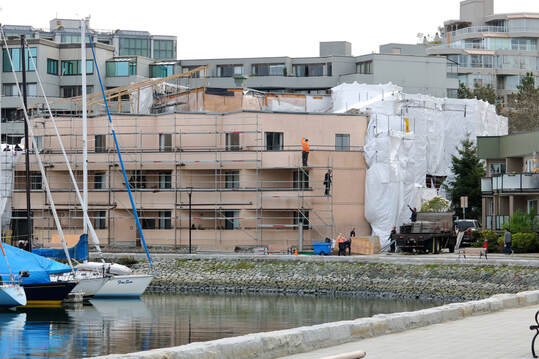
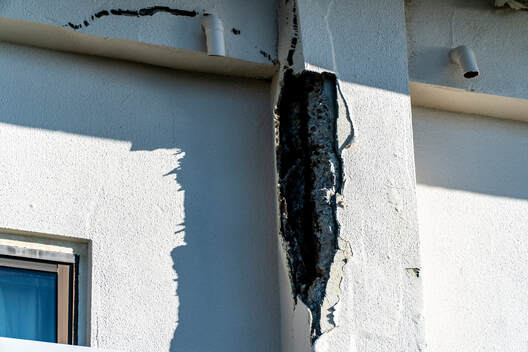
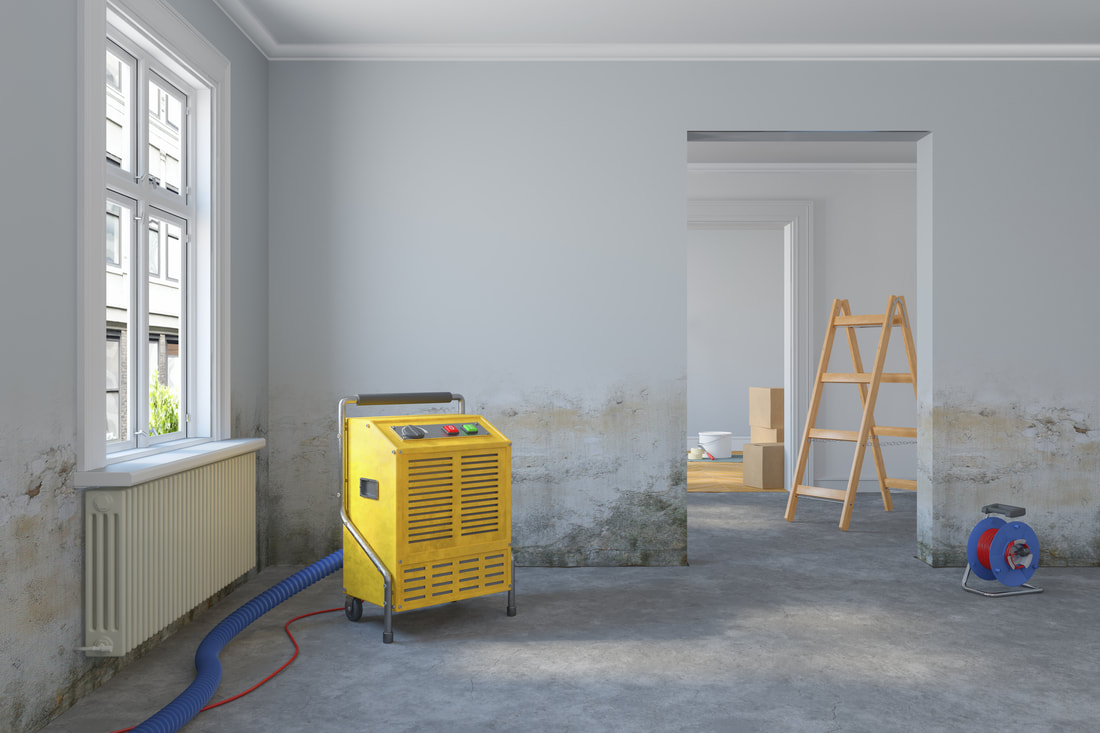
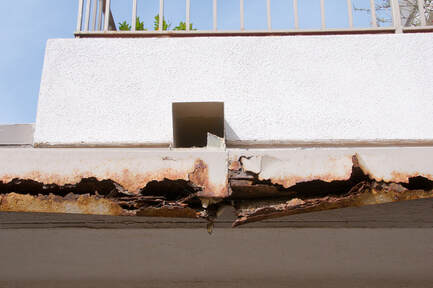
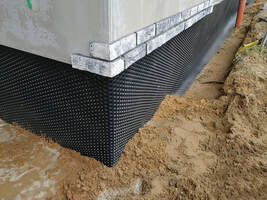
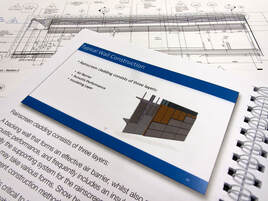
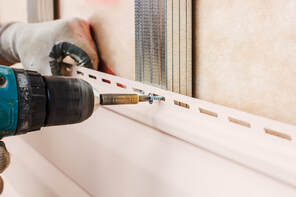
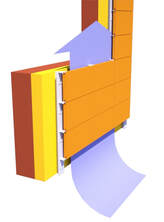
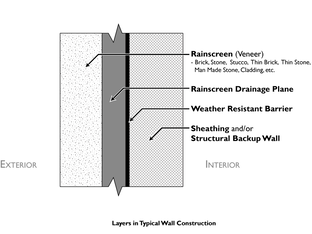
 RSS Feed
RSS Feed
